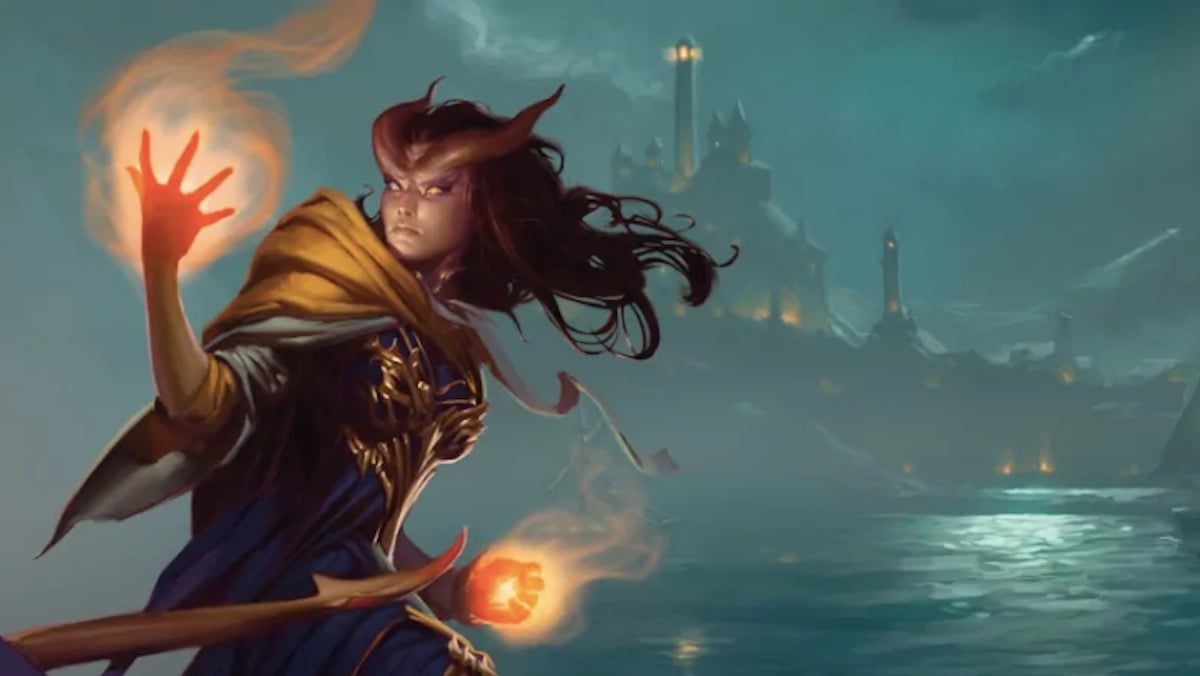Dungeons & Dragons publisher Wizards of the Coast is taking a step that I am sure will make some people mad, but I think it makes for some more interesting storytelling. The powers that be have decided that no races in the game are going to be characterized as inherently evil anymore.
A blog post that was shared on their official site breaks down the reasoning for these changes and mandates that they will be making decisions with an inclusive team going into the future:
Throughout the 50-year history of D&D, some of the peoples in the game—orcs and drow being two of the prime examples—have been characterized as monstrous and evil, using descriptions that are painfully reminiscent of how real-world ethnic groups have been and continue to be denigrated. That’s just not right, and it’s not something we believe in. Despite our conscious efforts to the contrary, we have allowed some of those old descriptions to reappear in the game. We recognize that to live our values, we have to do an even better job in handling these issues. If we make mistakes, our priority is to make things right.
I mean, if it worked in Star Trek, I think it’ll work in Dungeons & Dragons. A lot of the time, when I’ve played D&D with my friends, we’ve always played with and against type. I purposefully created a Tiefling who was raised in a religious temple of the Light Goddess Sune, because I wanted to do that Hellboy/Worf shit.
Hell, if the people who will inevitable moan about this decision want evil Orges so much, they can create an order of Orges who have turned to the darkness out of reverence for the “old ways,” before the bulk of them became good. Part of the beauty of this game is the creativity of it all. The book is just a guide to the adventures you create. The inherent alignment of an Orge can only hurt the game if you allow it to.
Plus, people forget the ways that fantasy as a genre has been allowed to preserve racial stereotypes in general, if unintentionally. The antisemitic dog whistles that have come from goblins and dwarves have been long spoken of and appear even in contemporary stories. (*Cough* Harry Potter *cough.*)
This happens especially when cultures from real life are appropriated, without actually thinking of the cultural implications. One that mentioned in the blog post is the Vistani, a group made from Romani tropes, from Curse of Strahd. Now, WotC is planning to explore the Vistani further in two upcoming books, with assistance from a Romani consultant. That is an excellent thing that only ruins your experience if you really, really love Romani stereotypes more than the real culture and history of those people—which would just make you an asshole.
(via DND Wizards, image: wizards of the coast)
Want more stories like this? Become a subscriber and support the site!
—The Mary Sue has a strict comment policy that forbids, but is not limited to, personal insults toward anyone, hate speech, and trolling.—










Published: Jun 25, 2020 04:09 pm